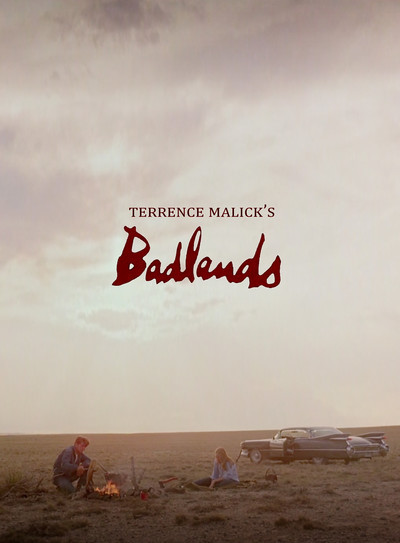Breakfast Club. Dir. John Hughes
Feat. Judd Nelson (John Bender), Molly Ringwald (Claire Standish), Emilio Estevez (Andrew Clark), Anthony Hall (Brian Johnson), and Ally Sheedy (Allison Reynolds)
Universal Pictures, 1985.
Released on February 15, 1985, five high school students from different walks of life endure a Saturday detention under a stern and arrogant assistant principal (Paul Gleason). The group features rebel John (Judd Nelson), princess Claire (Molly Ringwald), outcast Allison (Ally Sheedy), brainy Brian (Anthony Michael Hall) and Andrew (Emilio Estevez), the jock. Each member of the club shares aspects of their life, making the others see them in a different light leaving them to question whether school will ever be the same.
Initially, in the film, we see five students present for detention, not knowing their reason. However, when we begin to uncover their reasoning, it uncovers deeper knowledge into the inner conflict they each face individually.
Claire Standish is in detention for skipping school to go shopping. Her rich dad didn't care, but her poor, drunk mom got mad at her. Her lack of attention and love from her parents causes her to feel lonely, having to live a false portrait.
Andrew Clark is in detention for taping Larry’s butt together, which his father made him do. Andrew reflects on this tragic moment, becoming very conscious of the damage he not only caused the kid he bullied but himself as well. Feeling as if he must prove himself to his father that he is just like him, victorious, dominant, wild, a false conception. Andrew as well living a false portrait.
Brian Johnson is in detention for attempting suicide due to being ignored by everyone in his life. Brian living under constant pressure to be the best in every class because it’s his “only” way of feeling victorious and grab attention from others around him for being a super nerd. This is why throughout the film he constantly praises himself, sharing all of his accolades and lies of have a bad household and banging Claire.
Allison Reynolds is in detention because she volunteered to go due to being bored with her life. Allison who is viewed as the “basket case” seems to be the sanest out of the group if you ask me. She only volunteering attends attention due to her loneliness, in hopes to find a potential friend to speak and socialize with.
Lastly, we have John Bender is in detention for pulling a fire alarm and fighting with the school’s teachers and students. John constantly lives a violent and relentless life due to his environment at home. Haunted by his tragic experiences of fighting, screaming, getting burned with a cigar, has led him to take his pain out on others as a coping mechanism. As he is led to explain his household environment, you can see the pain arise through his elevated tone, exaggerated emotion, and his concluding act of storming off to cool off and reflect.
I would highly recommend this film to every high school student and their parents if they have not already watched this film, but with a keen eye. This film acknowledges a lot of the troubles teen faced during that time period and currently in my generation as well.







